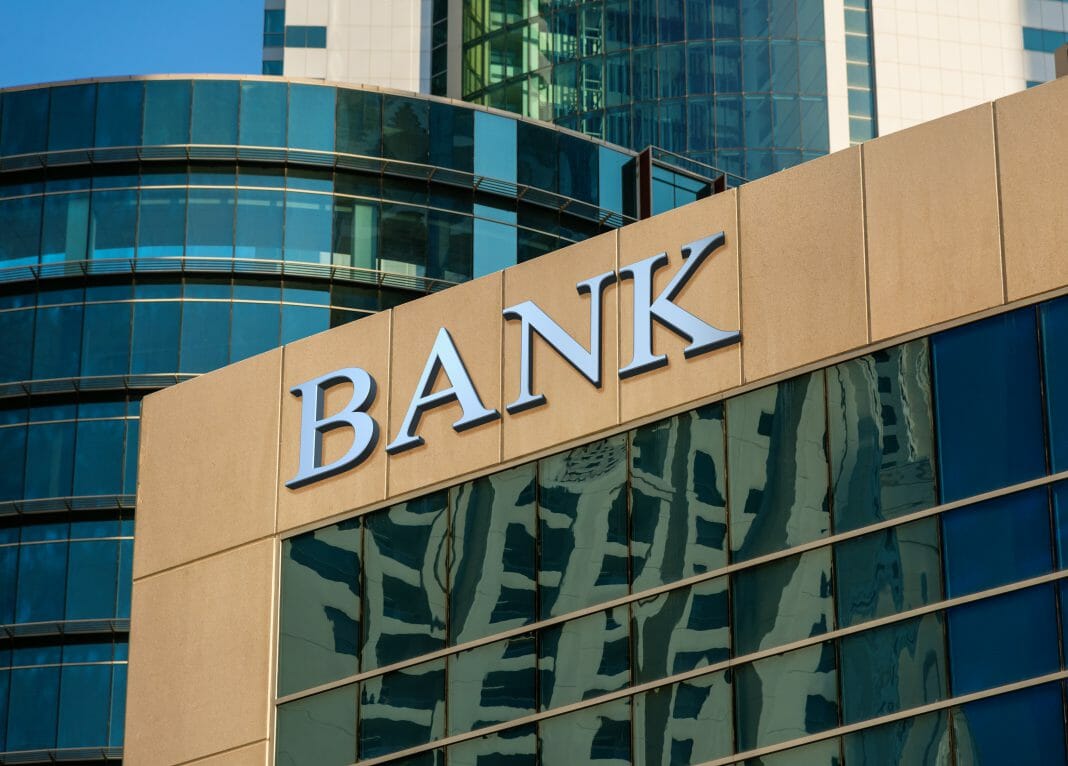Central bankers in Kenya and Nigeria attacked digital assets but openly expressed their support for Central Bank digital currencies.
Both Nigeria and Kenya have been African regions with a mutating relationship regarding digital assets. Nigeria was on the path of setting a general prohibition on them but changed its plans last year. It has been very different with the central bank digital currencies, CBDC. Nigeria currently counts on one of its own: the e-naira, officially released in October 2021.
Statements from the high positions of the central banks of both nations have now been revealed, describing digital assets as unbalanced items to become widely employed as a form of payment. In addition, bankers express that digital assets might become a risk to financial equilibrium in the region, according to various media reports such as Reuters and Bitcoin.com.
A Volatile Asset
Within their statements, the central bankers of Nigeria and Kenya expressed that digital assets are too volatile and do not rely on favorable features to become an acceptable payment method.
According to the Reuters report, Kingsley Obiora, Deputy Governor of the Central Bank of Nigeria (CBN), and Kenyan Central Bank Governor Patrick Njoroge believe that a central bank digital currency has a better opportunity of minimizing the financial exclusion gap.
Central bankers also expressed that only a central bank digital currency (CBDC) could have what it takes to reduce the cost of transactions and financial activities linked to trading.
Obiora, who spoke at a virtual summit hosted by the International Monetary Fund (IMF), explained why his entity had shown a rejective stance on digital assets by that the volatility these items generate can become a source of disorder in the system.
Kenya will also Deal with a CBDC
Nigeria already counts on its CBDC, the e-naira. However, it is now that the world knows that Kenya also has solid intentions to have its CBDC.
Njoroge, the Governor of the Bank of Kenya, openly spoke about digital assets as a hype phenomenon. However, he expressed that his administration may eventually set regulations on private crypto assets as a wealth product. He also hinted that the Central Bank of Kenya (CBK) could follow in Nigeria’s footsteps and create its own CBDC.
However, unlike the Nigerian bank and its intentions to increase the number of people financially included through its CBDC, the Kenyan bank will not prioritize this situation as it argues this goal got achieved with mobile money, Njoroge explained.
By: Jenson Nuñez











